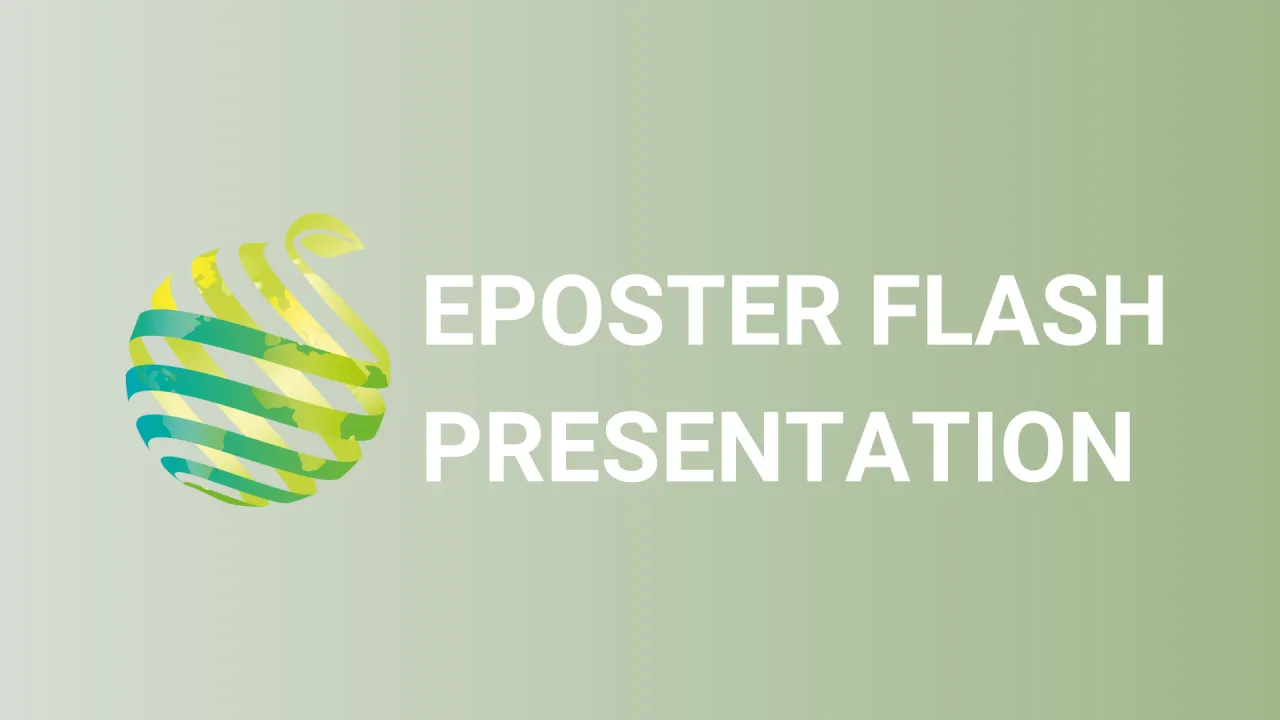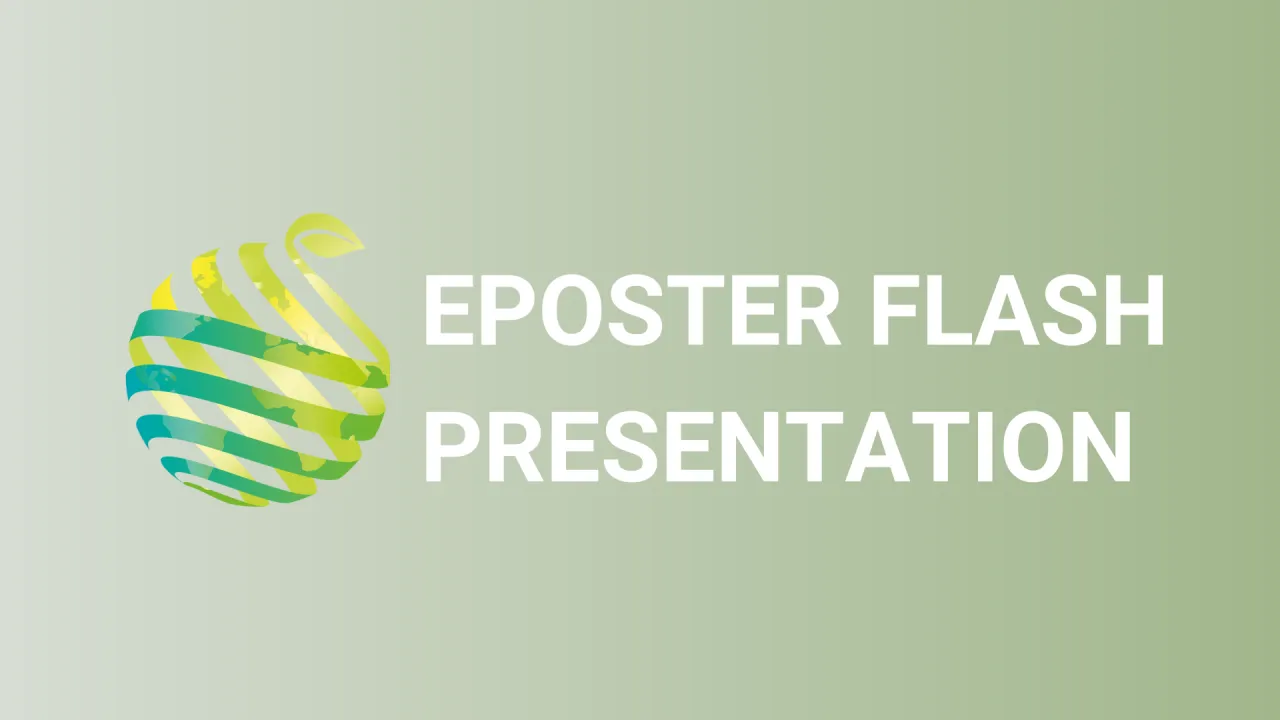

S23 - Session P6 - Thermonebulization of fungicides to reduce losses due to postharvest diseases in apple
Information
Authors: Achour Amiri *
Management of postharvest diseases of pome fruit mainly depends on the use of fungicides, which were traditionally applied via drench solutions at harvest. Thermonebulization (TNB), i.e. thermo-fogging and aerosolization are two new concepts of dry application in which a fungicide is heated and delivered as fine fog or aerosol inside the storage rooms. The efficacy and risks of the new methods have not been reported. Our study aimed to evaluate their efficacy compared to drench in controlling Penicillium expansum , Botrytis cinerea and Neofabraea perennan s. Artificially inoculated fruits (cv. Fuji and Red Delicious) were treated with a mixture of thiabendazole + fludioxonil or pyrimethanil and each was applied via drenching, fogging and aerosolization. Fruit were stored at 0.5°C in a controlled atmosphere for up to 7 months. Disease incidence and severity were determined post-storage and fungicide residue levels on the fruit surface were evaluated. Results showed a greater efficacy of drench compared to fogging or aerosolization. Moreover, TNB- methods resulted in inconsistent residue levels throughout the storage rooms with areas showing significantly high and others significantly low fungicide residue levels on the fruit surface compared to drench. This study indicates potential increased risks of decay when applying fungicide dry and warrants improved applications and fruit set-up inside the storage rooms to enhance fungicide distribution.